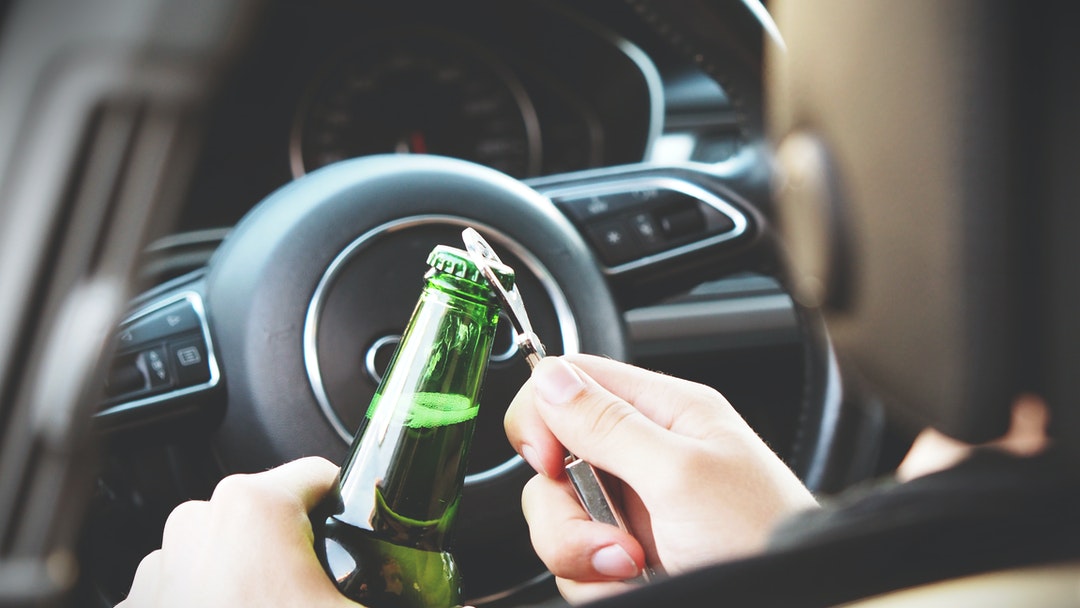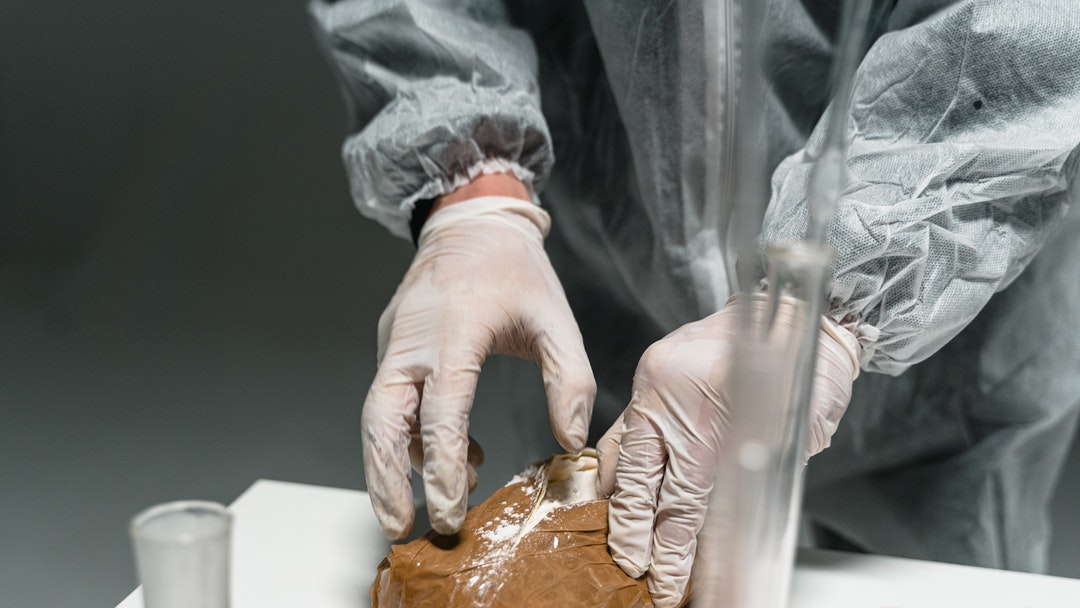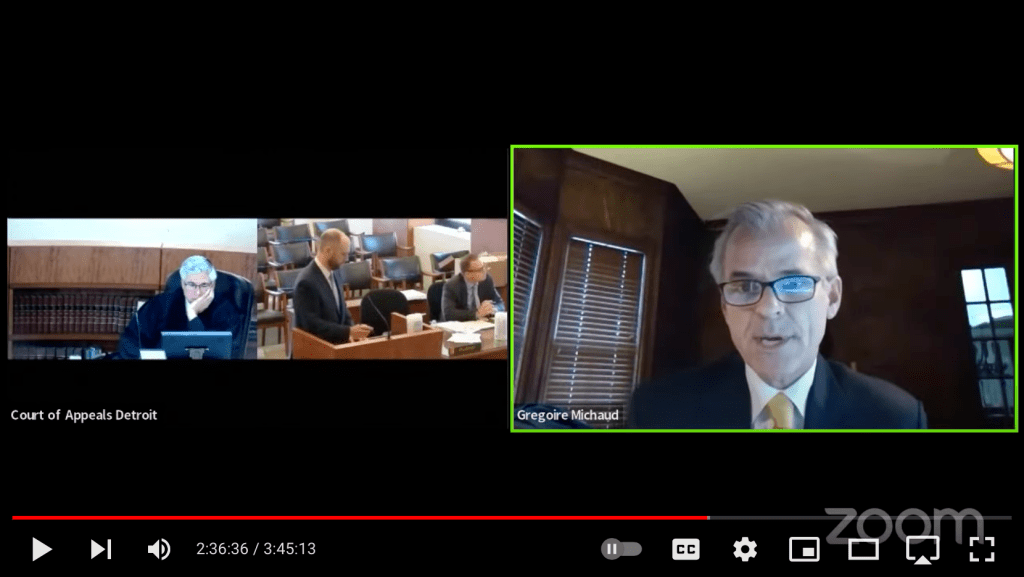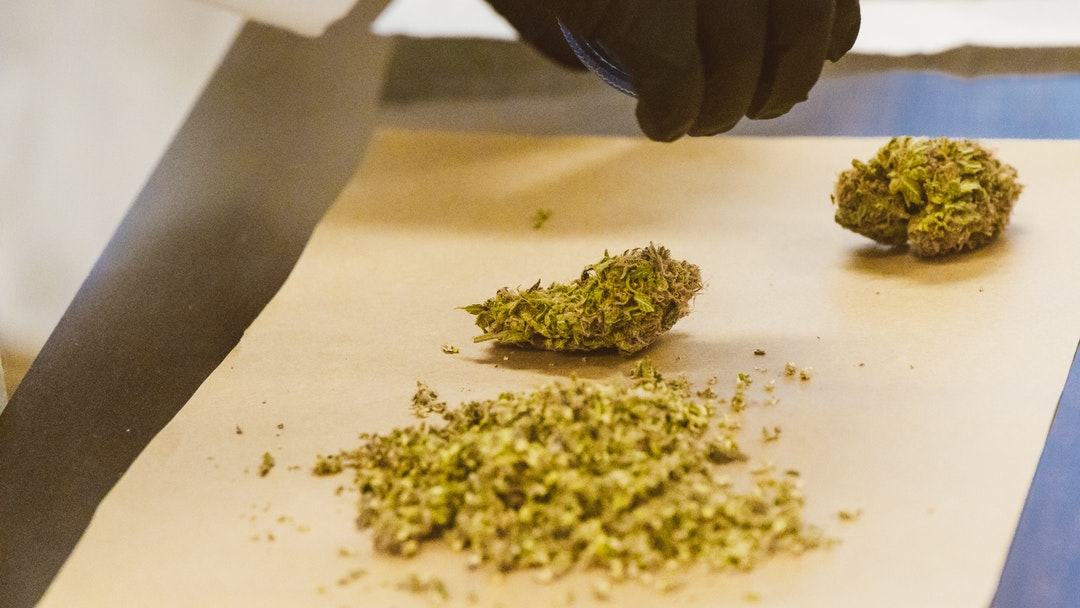A recent study published in Addiction evaluated the associations of cannabis use disorder (CUD) with cardiovascular disease (CVD) outcomes.
Cannabis usage is prevalent among more than 200 million individuals worldwide, and its associated adverse effects carry significant implications. The occurrence of Cannabis Use Disorder (CUD) affects approximately 27%-34% of cannabis users, highlighting the urgent need for public health attention. The gravity of the situation is further emphasized by the limited availability of treatments and behavioral interventions for those affected.
Although research suggests adverse health outcomes due to cannabis usage, the relationship between cannabis and CVD is less explored. However, current evidence indicates a higher occurrence of cardiovascular events among young cannabis users. In addition, cannabis has been associated with severe events such as stroke, myocardial infarction, arrhythmias, atherosclerosis, and cardiomyopathies.
Read The Article Here
FAQs about Cannabis Use Disorder
What is cannabis use disorder?
Cannabis use disorder (CUD) is a medical condition in which a person uses cannabis excessively and compulsively, even though it is causing problems in their life. CUD can lead to a number of negative consequences, including impaired memory and learning, problems with relationships and work, and financial problems.
How common is CUD?
CUD is the most common substance use disorder among people in the United States. About 10% of people who use cannabis will develop CUD, and the rate is higher among adolescents and young adults.
What are the symptoms of CUD?
The symptoms of CUD can vary from person to person. Some common symptoms include:
Using more cannabis than intended
Trying but failing to quit using cannabis
Spending a lot of time using cannabis
Craving cannabis
Using cannabis even when it causes problems at home, school, or work
Continuing to use cannabis despite social or relationship problems
Giving up important activities with friends and family in favor of using cannabis
Using cannabis in high-risk situations, such as driving a car
Continuing to use cannabis despite physical or psychological problems
Needing to use more cannabis to get the same high
What are the risk factors for CUD?
A number of factors can increase a person’s risk of developing CUD, including:
Age: Adolescents and young adults are more likely to develop CUD than older adults.
Family history: People with a family history of addiction are more likely to develop CUD.
Mental health problems: People with mental health problems, such as depression or anxiety, are more likely to develop CUD.
Peer pressure: People who have friends who use cannabis are more likely to use cannabis themselves.
Early exposure to cannabis: People who start using cannabis at a young age are more likely to develop CUD.
How is CUD treated?
There is no one-size-fits-all treatment for CUD. Treatment plans are typically tailored to the individual’s needs and may include a combination of medication, therapy, and support groups.
Common treatments for CUD include:
Cognitive-behavioral therapy (CBT): CBT is a type of therapy that helps people to identify and change their thoughts and behaviors.
Contingency management: Contingency management is a type of therapy that rewards people for positive behaviors, such as staying sober.
Medication: There are a number of medications that can be used to treat CUD, such as bupropion (Zyban) and naltrexone (Vivitrol).
Support groups: Support groups can provide people with CUD with a safe and supportive environment where they can share their experiences and learn from others who are going through the same thing.
FAQ
What does Quash mean?
to say officially that something or an earlier decision, is no longer to be accepted: His conviction was quashed after his attorney argued that police evidence was all lies.
What is conviction vacated mean?
When a sentence is vacated: It legally annuls the conviction. Vacating a criminal sentence means removing that conviction from a person’s record. The record will then appear as if the person was never charged and convicted of a crime.
Why would a sentence be vacated?
Someone who has their conviction vacated are released from custody under certain conditions, such as a plea bargain being breached, proof of ineffective counsel, court bias, or another similar factor that might have impacted the outcome of the original trial.
Is vacating the same as dismissing?
‘Vacating’ or ‘setting aside’ is used when referring to nullifying a specific judgment from the judge (in this case, a guilty or ‘no contest’ judgment).
‘Dismissing’ applies to the entire case. It means that the case is thrown out for reasons other than its factual merits.
Does vacated mean innocent?
Winning the motion to vacate doesn’t mean that this is the end of the matter. The conviction or sentence is canceled as if it never existed, but the court doesn’t close your case. Instead, the prosecutor then decides whether to drop or pursue the original charges.
More Posts

Funding Limits on Federal Prosecutions of State-Legal Medical Marijuana
February 4, 2022 KOMORN LAW PLLC - Cannabis Law and Business Focused (Past - Present - Future) - Find Out Why by Visiting KomornLaw.com Federal law generally prohibits the production, distribution, and possession of marijuana for both medical and recreational...

In California pot market, a hazy line between legal and not
In the five years since California voters approved a broad legal marketplace for marijuana, thousands of greenhouses have sprouted across the state. But these, under their plastic canopies, conceal a secret. “We basically subsidize our white market with our black...

Cannabis – Science vs Fiction
Written by Christian Bogner, MD The National Institutes of Health (NIH) is the primary agency of the United States government responsible for biomedical and public health research. Surprisingly, for the past half-century, the NIH has paid...

RIP – Allen Peisner
DOD: 01-12-22PLANET GREEN TREES TV SPECIAL EPISODE--> RIP - Allen Peisner 01/12/22 Allen Peisner: An Attorney, Legendary Medical Marijuana and Legalization Advocate, Hemp Advocate, Record Keeper, "Tomato" Farmer, Trumpet Player, Scuba Diver, Mentor, Teacher, Uncle,...

Michigan Marijuana Ballot Proposal Talking Points
Note: Somebody sent this to us and this is not our opinion or views nor have we done any "scientific" research ourselves regarding anything below. But we thought it was interesting enough to copy and paste and post. Suggested Statement Michigan is still evaluating the...

Michigan Annual Drunk Driving Audit
Michigan Annual Drunk Driving Audits The crash program has been in existence since Public Act 300 of 1949. All law enforcement agencies in Michigan submit accident data to the MSP Criminal Justice Information Center on UD-10 Traffic Crash Reports. A crash report is...

Firearms Laws of Michigan
This publication, Firearms Laws of Michigan, has been prepared by the Legislative Service Bureau pursuant to Act 381 of2000, which requires the Bureau to “compile the firearms laws of this state, including laws that apply to carrying a concealedpistol. CONSTITUTION OF...

Weed dealers don’t put fentanyl in cannabis
This commentary is by Monica Donovan, CEO and founder of Heady Vermont. Anews story published by WCAX Nov. 21 said that Brattleboro police are warning Vermonters that “fentanyl-laced marijuana” has been found in our region, and that it caused one person...

Judge limits Michigan marijuana recall to half the product initially covered
A marijuana recall will proceed in part after a judge denied a testing company's request for a preliminary injunction for a recall of products tested by one of its labs, but allowed it for the other. The split decision from Michigan Court of Claims Judge Christopher...

Michigan poison control warns about possible cases of fentanyl-laced marijuana
The Michigan Poison & Drug Information Center (MiPDC) wants to alert those who use marijuana products of a potentially emerging public health threat Outside of Michigan, several patients have been treated in emergency rooms for opioid exposure and overdose after...


